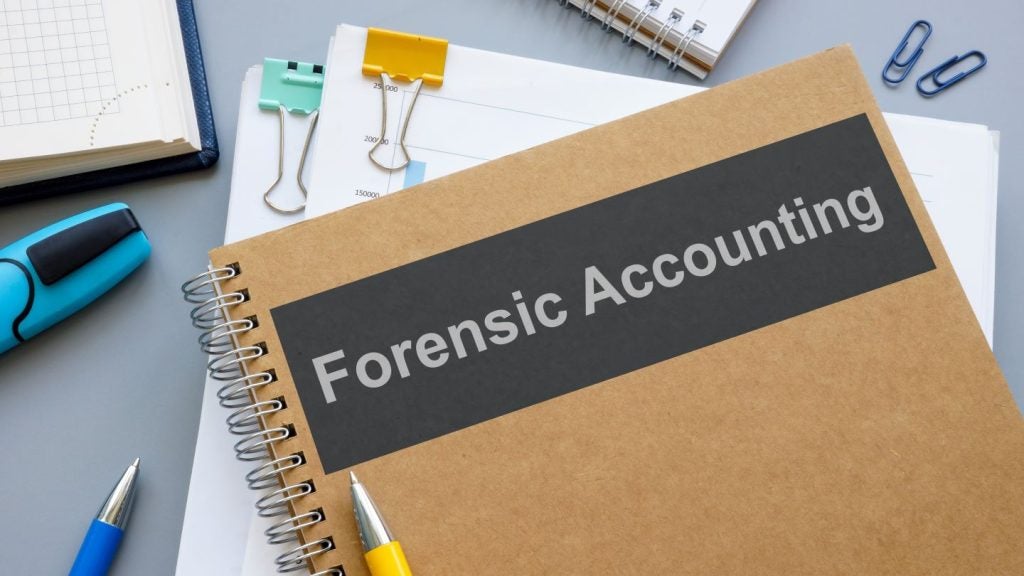
CPA Australia has called on the Senate Economics Legislation Committee to re-evaluate the proposed legislation that would deny deductions for the general interest charge (GIC) and shortfall interest charge (SIC), warning of negative consequences for small businesses.
CPA Australia Tax lead Jenny Wong has voiced opposition to the Bill, stressing on the repercussions it could have on small enterprises already facing high interest rates and inflation.

Access deeper industry intelligence
Experience unmatched clarity with a single platform that combines unique data, AI, and human expertise.
She noted that the association has earlier raised concerns about the disproportionate impact on small businesses and the lack of fairness for taxpayers facing cash-flow difficulties.
The September submission, which included proposed amendments to the Exposure Draft to address these critical issues, is said to have been ignored.
All submissions were disregarded by Treasury, and the Government has chosen to implement a blanket policy denying GIC/SIC deductions for all, rather than targeting those with significant tax debt.
Introducing this broad policy, instead of a targeted approach for high tax debt accounts, is seen to be indiscriminate.

US Tariffs are shifting - will you react or anticipate?
Don’t let policy changes catch you off guard. Stay proactive with real-time data and expert analysis.
By GlobalDataWith high interest rates, it will disproportionately affect businesses with cash-flow problems, particularly sole traders facing the highest marginal tax rates, Wong stated.
She further noted that during the Covid-19 pandemic, businesses were encouraged by governments to defer tax payments, with the Australian Taxation Office (ATO) offering flexible payment options.
Wong said: “Good sense says that if businesses had known the GIC would later become non-deductible, they might have made quite different financial decisions. For tax-paying small companies, the non-deductibility of GIC effectively raises the penalty rate by 25%. For sole traders, it potentially increases the penalty rate by up to 47% depending on their marginal tax rate. This significant increase could put additional financial pressure on businesses already struggling, and it may force directors to question the viability of their operations.
“By making these interest costs on tax debts non-deductible, the proposal risks accelerating the accumulation of tax liabilities of small businesses to unsustainable levels, potentially threatening the viability of many small businesses.”
This measure comes as CPA Australia members criticised the ATO for delays in service delivery and the unpredictability of GIC remission requests.
Earlier in January 2025, CPA Australia encouraged its members to participate in a survey aimed at shaping the future direction of International Financial Reporting Standards. This was in collaboration with the Australian Accounting Standards Board and Malaysian Accounting Standards Board.






